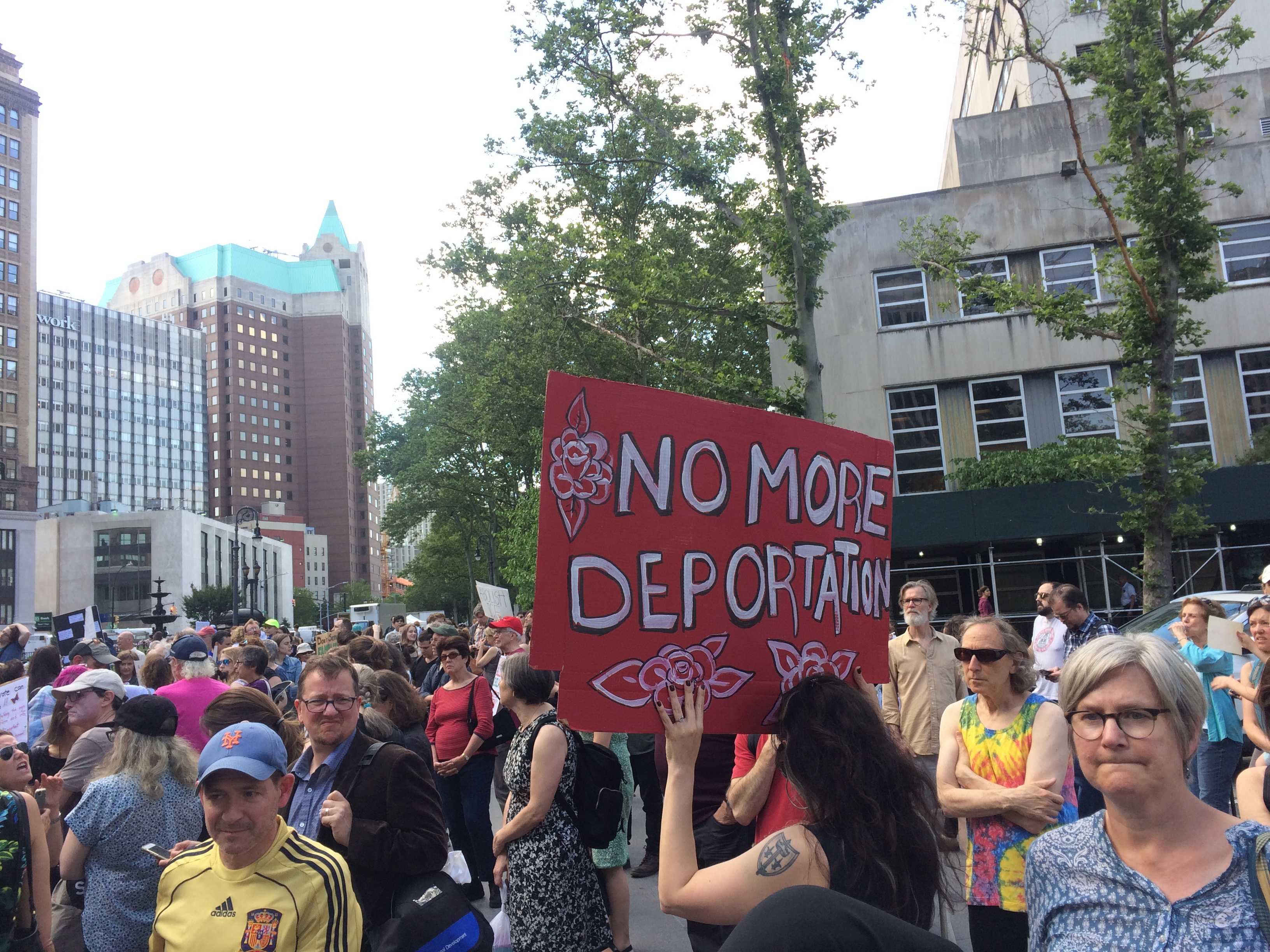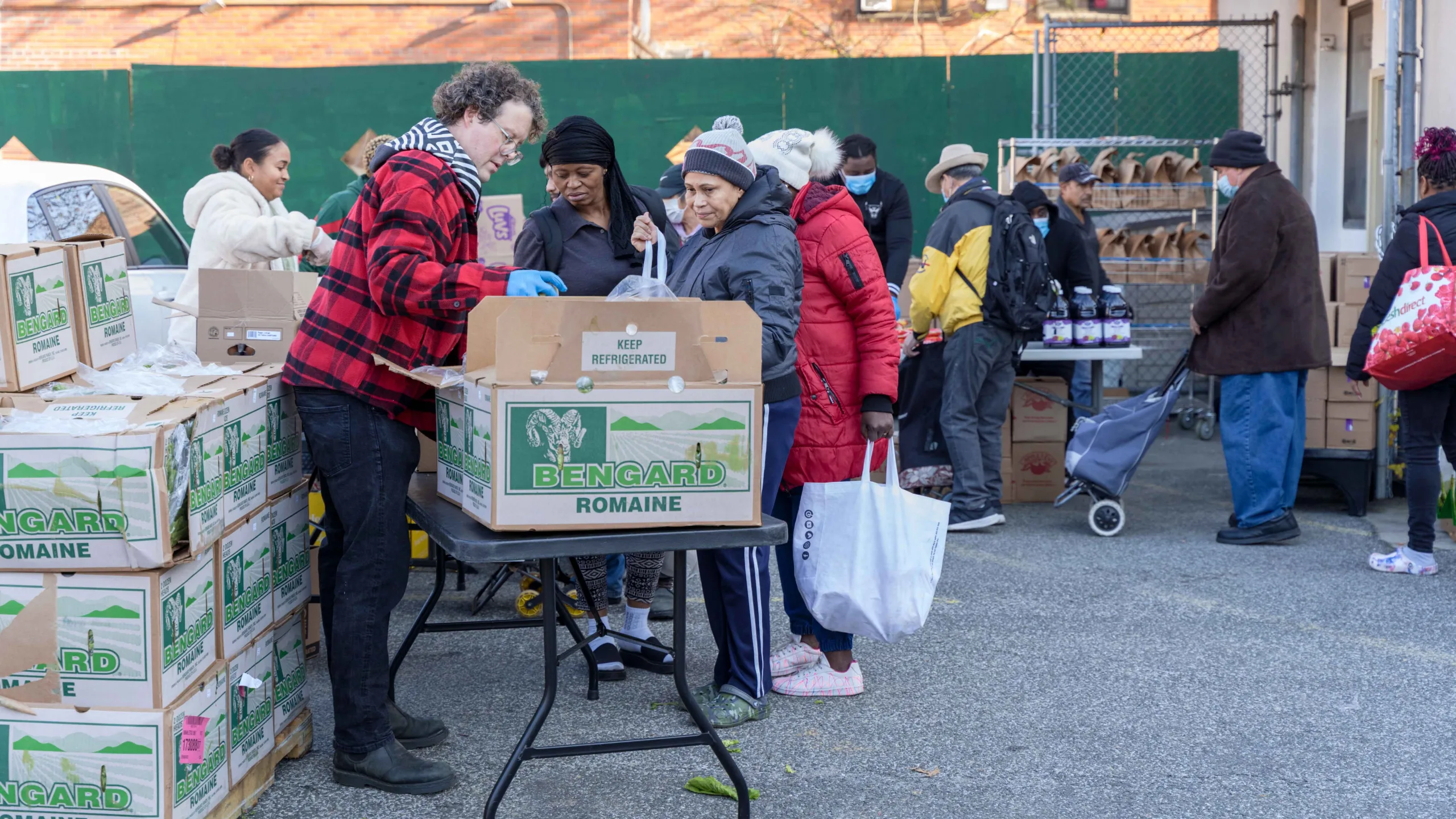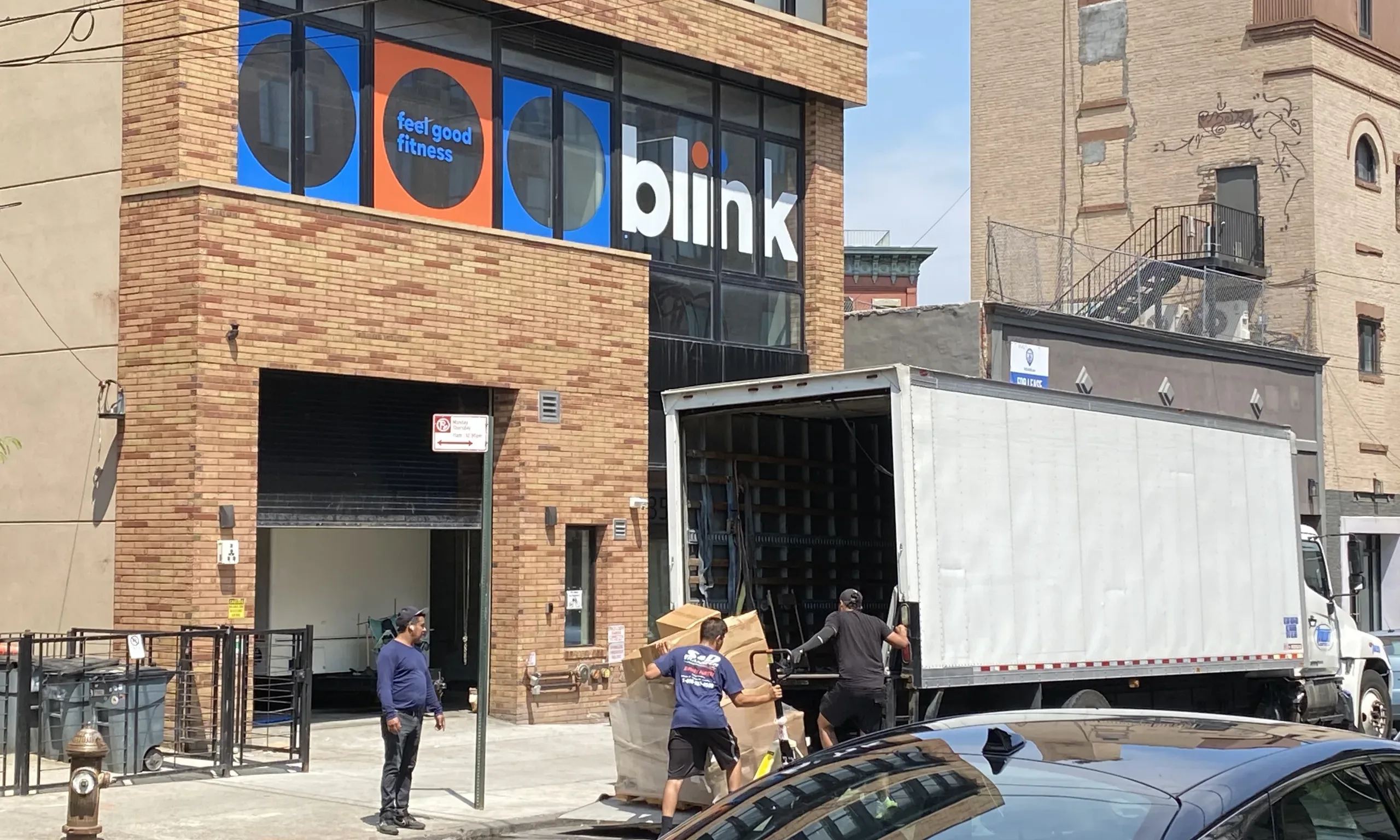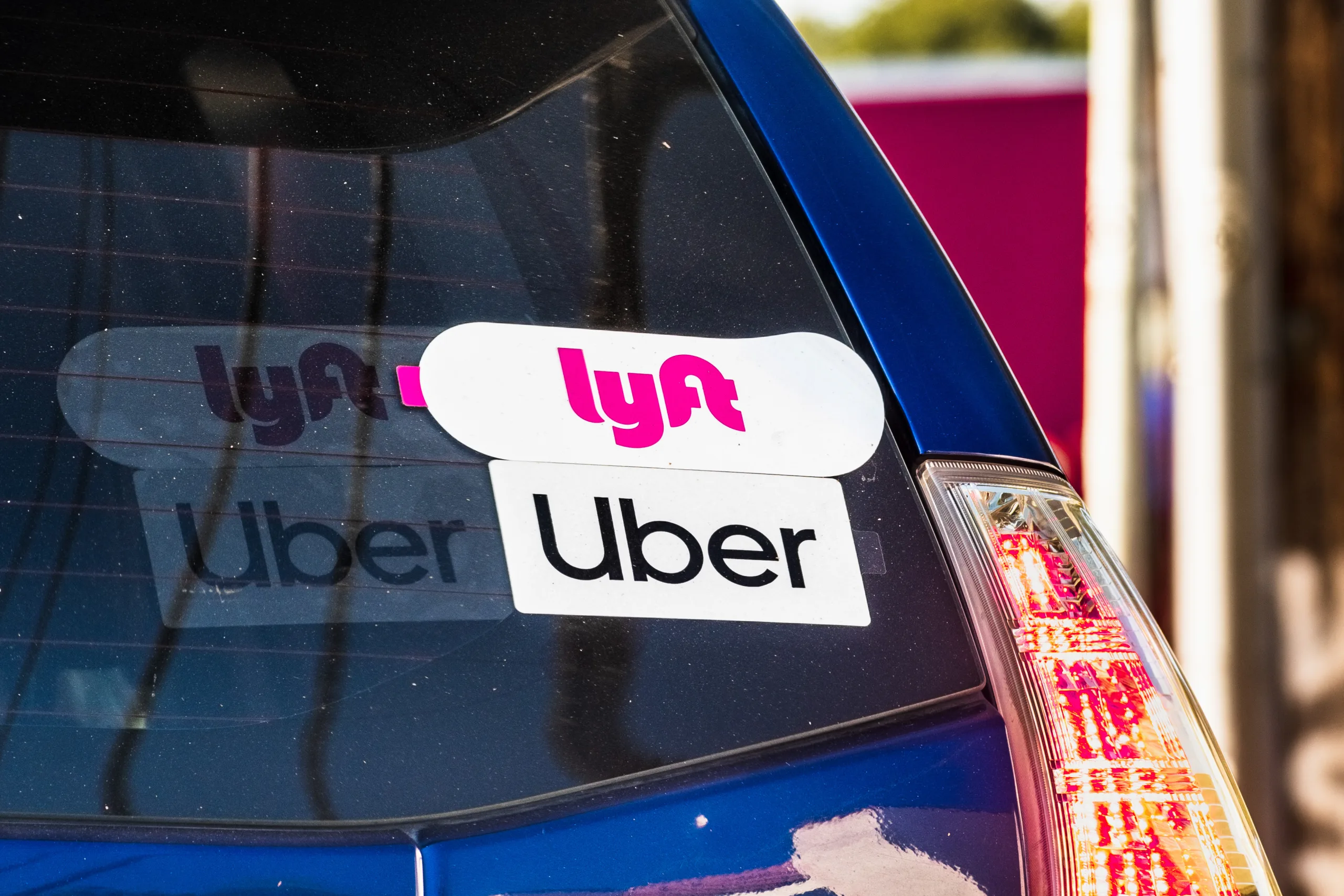Three families who were separated under the Trump administration’s family separation policy are suing the United States government for up to $6,000,000 in compensatory damages per family, over the trauma inflicted upon them as a result of those policies, according to the complaints.
The legal complaints were filed by the Lowenstein Center for the Public Interest at the Lowenstein Sandler law firm on Monday in the United States District Court for the District of New Jersey, on behalf of the children and their parents, who were separated from each other after crossing the Southern border, according to the filings.
There are still 1,077 children whose reunification status has not been confirmed, according to the latest report on Sept. 30 from the Department of Homeland Security, based on the agency’s Family Reunification Task Force Data for Separated Children. The majority of these children — 719 in total — have not been reunited with their caregivers yet, but the government has contact information for their families. Almost 200 are “in process for reunification.” For 167 children, there is no confirmed contact information available, and their reunification status is unknown.
The Department of Homeland Security, the Department of Justice, and the Department of Health and Human Services are named in court documents as the federal departments that were the “primary actors in conceiving or implementing the Family Separation Policy.”
The filings detail stories of government agents forcibly taking children away from their parents, and describe the lasting physical and psychological effects of this trauma – including mistrust of adults among the children, fear of repeated family separation, anxiety and depression among parents and children, and continued harm to the parent-child relationships.
As a result of these separations, parents and children say they have had difficulty sleeping, headaches, trouble concentrating, and stomach pain, among other challenges. The complaints also say that parents, children and family members were given minimal information about each others’ whereabouts as parents were shuffled through different detention centers throughout the United States, sometimes hundreds of miles away from their children.
Across the country, more than two dozen lawsuits have been filed on behalf of families affected by the Trump administration’s family separation policies, said Catherine Weiss, chair of the Lowenstein Center for the Public Interest, who represents the families suing in New Jersey. But these are the first lawsuits of their kind in New Jersey.
Last year, the Biden administration had started settlement negotiations to give separated families compensation, but later stopped the settlement talks with migrant families.
“These families fled violence and persecution in their home countries only to encounter U.S. government agents who further abused and terrorized them,” Weiss said in a statement. “U.S. government agents tore young children away from their parents, refused to provide any information about their whereabouts or their welfare, and failed to track separated families so that they could eventually be reunited.”
All of the families named in the New Jersey lawsuits entered the United States in 2018. The parents were separated from their children from about 37 days, to more than three months, the complaints said. The younger children were three and four years old at the time of their separation, and the oldest was twelve years old.
A mother named Beatriz fled gang violence in El Salvador and sought to enter the United States at the Grande City Port of Entry in Rio Grande City, Texas, on May 28, 2018, with her then 3-year-old son, Manuel, the complaint says. (All names in the complaint are pseudonyms).
A few days later, government officials “abruptly ripped Manuel from Beatriz’s arms, ignoring the child’s panicked cries for his mother as they placed Manuel in another vehicle,” according to the court filings.
“Beatriz watched the jeep that contained her scared, screaming child drive away, while the Government agents who separated them refused to provide her with any information about where he was going and whether he would be returned to her,” the lawsuit says.
Her son, Manuel, was placed under the care of the Office of Refugee Resettlement and was transported to a shelter in the Bronx, called the Abbott House, about 2,000 miles away from the detention center where the mother and son had been separated, the complaint says.
Beatriz and Manuel were not reunited until about 42 days after their separation.
Children under the custody of three organizations that contract with the Office of Refugee Resettlement to house unaccompanied minors, including Abbott House, have gone missing or have been sexually or physically assaulted by staff and other foster children, according to lawsuits previously filed in New York State.
To this day, Manuel still becomes sad and fearful when he is away from his mother, the lawsuit says, and Beatriz continues to go through “extreme emotional distress” due to their separation.
Another family named in court documents, a father and daughter from Honduras referred to as Jacob and Leya, who was 4-years-old at the time, were separated for about three months – and were only able to speak to each other twice by phone during their separation, according to the complaint. After Jacob and Leya crossed the border near Hidalgo, Texas, government agents “ripped Leya from Jacob’s arms,” the complaint said. “The agents ignored Leya’s and Jacob’s cries and pleas to keep them together,” according to the lawsuit.
Jacob was eventually transferred to the Elizabeth Detention Center in New Jersey, and later flown to Michigan to reunite with his daughter.
The immigration cases of these two families are still pending, as they await decisions on whether or not they will be granted relief to stay in the United States.
Weiss, the attorney representing the families, said that the three and four year old children “simply had no idea what was happening.” When these young children were taken from their parents, Weiss said, one of the psychologists who worked on the cases at the time described it as setting “the house on fire.”
“And the longer that it lasts, the more of the house burns down. And that is what it was like for these two little ones,” Weiss said.
Weiss is hoping that the government will negotiate a settlement. But she doubts that will happen, pointing to other family separation lawsuits where the government has moved to dismiss these motions. “And I expect that’s what they’ll do here,” she said.
But the government has lost these other motions to dismiss the cases, Weiss said, and if the complaints in New Jersey are not dismissed, the legal process of discovery will begin. “I hope this turns and they start really taking these cases seriously.”
The Department of Health and Human Services did not respond to a request for comment. A spokesman for the Executive Office for Immigration Review (EOIR), as part of the Department of Justice, said that EOIR does not comment on ongoing litigation.
TestPost3
Spokespeople for Immigration and Customs Enforcement and Customs and Border Protection, which are under the Department of Homeland Security, also said they do not comment on ongoing litigation.
All of the three families currently live in New Jersey. But only one of the families so far has been granted legal status in the United States. A father named Rafael and his son, Orlan, were granted asylum, after having fled to the U.S. from Guatemala. The son was 12 years old at the time of the separation in June of 2018, and the pair was apart for about 37 days, according to court documents.
“All I could do when they separated me from my son was hug him and tell him to trust God and be strong,” Rafael said in a statement. “I do not understand why the government of the country where we came seeking safety did this to us.”












